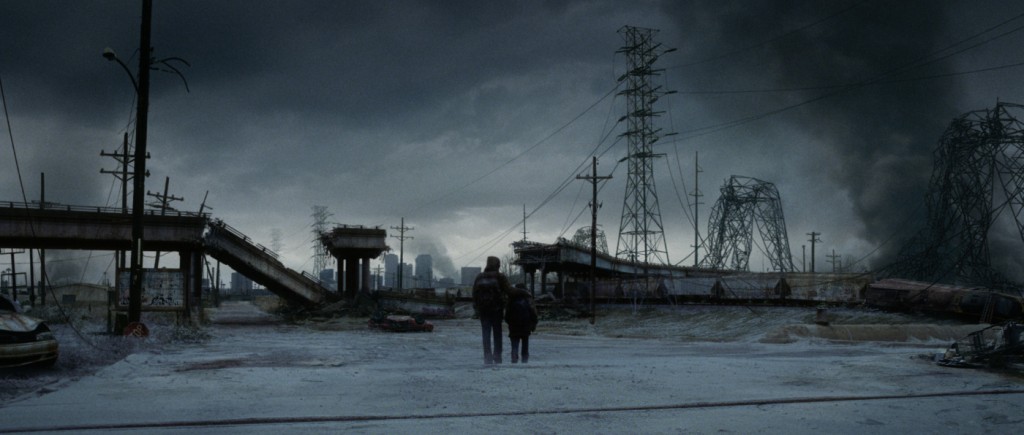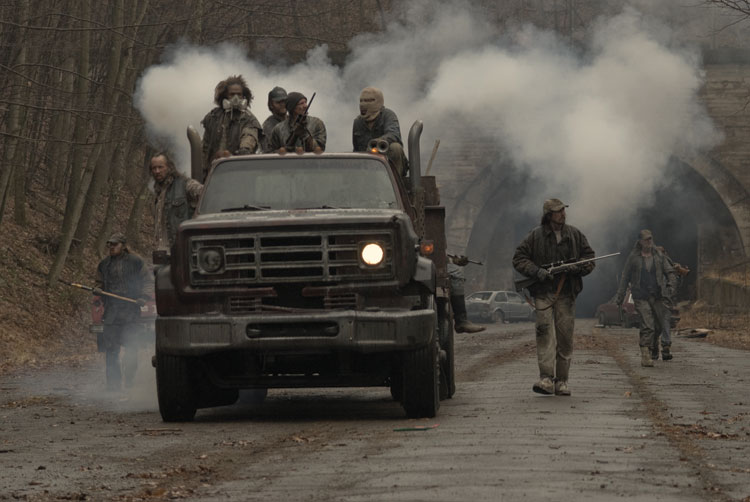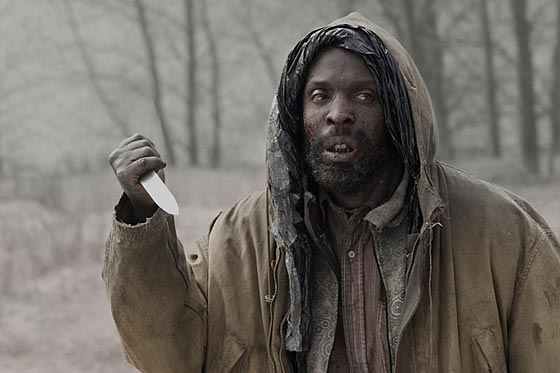Proficiency Standards:
| P.S ELA-2 Reading Analysis: Cite strong and thorough textual evidence to support analysis of what the text says explicitly as well as inferences drawn from the text, including determining where the text leaves matters uncertain. A. Evaluate the relevant themes and synthesize how they are present in the novel in oral and written responses. B. Interpret the implications of setting and circumstance. C. Analyze the role of characters in the plot in oral and written responses. D. Analyze important quotations from the text in oral and written responses. E. Annotate the text.P.S ELA-3 Reading Craft and Structure: Determine an author’s point of view or purpose in a text in which the rhetoric is particularly effective, analyzing how style and content contribute to the power, persuasiveness or beauty of a text. B. Analyze the plot and/or design of the text, following shifts in time and place.P.S ELA-4 Writing Analysis: Write arguments to support claims in an analysis of substantive topics or texts, using valid reasoning and relevant and sufficient evidence. A. Select and limit a debatable thesis. B. Research evidence using credible sources. C. Select an appropriate organizational plan. D. Acknowledge alternate sides of a position. E. Apply the standards of English conventions. F. Apply persuasive strategies. |
The Road Overview
As you read the novel you will be required to respond to the instructed parts assembled below. The overview is designed to serve as a thorough review for consideration of the essay that represents the summative assessment for the reading . Be careful to respond to the specific instructions for each part. The overview, due on DAY 13, is valued as a test grade.
PART 1 Write your response to each of the following questions:
1. Discuss when the inciting moment in the story is introduced; what appears to be the dramatic question?
2. What does the brief encounter with the man struck by lightning teach the boy?
3. What did the protagonist do with the picture of his wife; what does his action seem to indicate about his attitude? What happened to his wife?
4. The man’s greatest asset is his determination; how is he determined?
5. What horrific event occurs in the following description: He dove and grabbed the boy and rolled and came up holding him against his chest with the knife at his throat? What Impression does this event leave on the boy?
6. The boy had fallen. He dropped the armload of blankets and the tarp and went back and picked him up. He was already shivering. He picked him up and held him. I’m sorry, he said. I’m sorry. How does the preceding passage reveal the basic lesson of compassion; why are we compassionate? Do you believe that compassion is a learned behavior or is it innate?
7. Describe the three most horrifying images conveyed to you through the novel.
8. Describe the three most beautiful images conveyed to you through the novel.
9. The protagonist discovers a sextant on the sailboat, why does he regard it with such consideration and ultimately restores it back to its secure place?
PART 2 Ten passages from the novel follow. Select FIVE of the passages to respond to indicating the event and what you understand to be important about the conversation.
1. I was crying. But you didn’t wake up.
I’m sorry. I was just so tired.
I meant in the dream. (183)
2. There are other good guys. You said so.
Yes
So where are they?
They’re hiding.
Who are they hiding from?
From each other. (184)
3. I always believe you.
I don’t think so.
Yes I do. I have to. (185)
4. The men poured gasoline on them and burned them alive, having no remedy for evil but only for the image of it as they conceived it to be. (188)
5. When your dreams are of some world that never was or of some world that never will be and you are happy again then you will have given up. Do you understand? And you can’t give up. I won’t let you. (189)
6. All of them wretchedlooking beyond description. Their breath steaming softly. They crossed the bridge and continued on down the road and vanished one by one into the awaiting darkness. (195)
7. Do you think that your fathers are watching? That they weigh you in their ledgerbook? Against what? There is no book and your fathers are dead in the ground. (196)
8. The boy said: If we had the little baby it could go with us.
Yes it could.
Where did they find it? (200)
9. I think maybe they are watching, he said. They are watching for a thing even death cannot undo and if they do not see it they will turn away from us and they will not come back. (210)
10. Look, whatever is up there it’s better to know about it than to not know. (210)
PART 3 The following questions represent analysis, application, synthesis and/or evaluation skilled responses. Respond to each of the questions listed.
1. Cormac McCarthy has an unmistakable prose style. What do you see as the most distinctive features of that style? How is the writing in The Road in some ways more like poetry than narrative prose?
2. Cormac McCarthy incorporates an original style of story-telling, critics point out his flaws as arrogance while others claim that he has an invented style. Discuss three of McCarthy’s literary inconsistencies and express whether you feel that McCarthy is a talented writer or not. Support your response.
2. Why do you think McCarthy has chosen not to give his characters names? How do the generic labels of “the man” and “the boy” affect the way in which readers relate to them?
3. How is McCarthy able to make the post-apocalyptic world of The Road seem so real and utterly terrifying? Which descriptive passages are especially vivid and visceral in their depiction of this blasted landscape? What do you find to be the most horrifying features of this world and the survivors who inhabit it?
4. McCarthy doesn’t make explicit what kind of catastrophe has ruined the earth and destroyed human civilization, but what might be suggested by the many descriptions of a scorched landscape covered in ash? What is implied by the father’s statement that, “On this road there are no godspoke men. They are gone and I am left and they have taken with them the world,” [p. 32]?
5. What do you suspect is the purpose for McCarthy employing continuous flashbacks throughout the story. How does this literary device further qualify the father as the protagonist of the novel?
6. McCarthy envisions a post-apocalyptic world in which “murder was everywhere upon the land” and the earth would soon be “largely populated by men who would eat your children in front of your eyes” [p. 181]. How difficult or easy is it to imagine McCarthy’s nightmare vision actually happening? Do you think people would likely behave as they do in the novel, under the same circumstances? Does it now seem that human civilization is headed toward such an end?
7. The sardonic blind man named Ely who the man and boy encounter on the road tells the father that, “There is no God and we are his prophets” (p. 170). What does he mean by this? Why does the father say about his son, later in the same conversation, “What if I said that he’s a god?” (p. 172) Are we meant to see the son as a savior?
8. The Road takes the form of a classic journey story—a form that dates back to Homer’s The Odyssey. To what destination are the man and the boy journeying? In what sense are they “pilgrims”? What, if any, is the symbolic significance of their journey?
9. McCarthy’s work often dramatizes the opposition between good and evil, with evil sometimes emerging triumphantly. What does The Road ultimately suggest about good and evil? Which force seems to have greater power in the novel?
10. What makes the relationship between the boy and his father so powerful and poignant? What do they feel for each other? How do they maintain their affection for and faith in each other in such brutal conditions?
11. The man and the boy think of themselves as the “good guys.” In what ways are they like and unlike the “bad guys” they encounter? What do you think McCarthy is suggesting in the scenes in which the boy begs his father to be merciful to the strangers they encounter on the road? How is the boy able to retain his compassion—to be, as one reviewer put it, “compassion incarnate”?
12 The father tells his son he must go on in order to “carry the fire.” When the boy asks if the fire is real, the father says, “It’s inside you. It was always there. I can see it” [p. 279]. What is this fire? Why is it so crucial that they not let it die?
13. Why do you think McCarthy ends the novel with the image of trout in mountain streams before the end of the world—”In the deep glens where they lived all things were older than man and they hummed of mystery” [p. 287]. What is surprising about this ending? Does it provide closure, or does it prompt a rethinking of all that has come before? What does it suggest about what lies ahead?
The entire excerpt:
“Once there were brook trout in the streams in the mountains. You could see them standing in the amber current where the white edges of their fins wimpled softly in the flow. They smelled of moss in your hand. Polished and muscular and torsional. On their backs were vermiculate patterns that were maps of the world in its becoming. Maps and mazes. Of a thing which could not be put back. Not be made right again. In the deep glens where they lived all things were older than man and they hummed of mystery.”
PART 4 Consider the following quotes on faith that capture your understanding of the denouement of the novel. Select a faith quote and explain how the quote relates to your perspective of the novel by using at least two specific examples from the story. The eventual The Road essay will center on the faith quote that you select.
“Faith: not wanting to know what is true.”
Friedrich Nietzsche
“Faith is a passionate intuition.”
William Wordsworth
“Faith consists in believing when it is beyond the power of reason to believe.”
Voltaire
“Doubt Is a pain too lonely to know that faith is his twin brother.”
Khalil Gibran
“Faith is taking the first step even when you can’t see the whole staircase.”
Martin Luther King, Jr.
“That’s what love is. Love is keeping the promise anyway.”
John Green
“Faithless is he that says farewell when the road darkens.”
J.R.R. Tolkien
“And whatever you ask in prayer, you will receive, if you have faith.” – Matthew 21:22
“God will not look you over for medals, degrees or diplomas but for scars.”
Elbert Hubbard
“Let us have faith that right makes might, and in that faith, let us to the end, dare to do our duty, as we understand it.”
Abraham Lincoln
“Faith is the daring of the soul to go farther than it can see.”
William Newton Clarke
“Man cannot live without faith because the prime requisite in life’s adventure is courage, and the sustenance of courage is faith.”
Henry Emerson Fosdick
“In the affairs of this World, Men are saved, not by Faith, but by the want of it.”
Benjamin Franklin
“All that I have seen teaches me to trust the Creator for all I have not seen.”
Ralph Waldo Emerson





